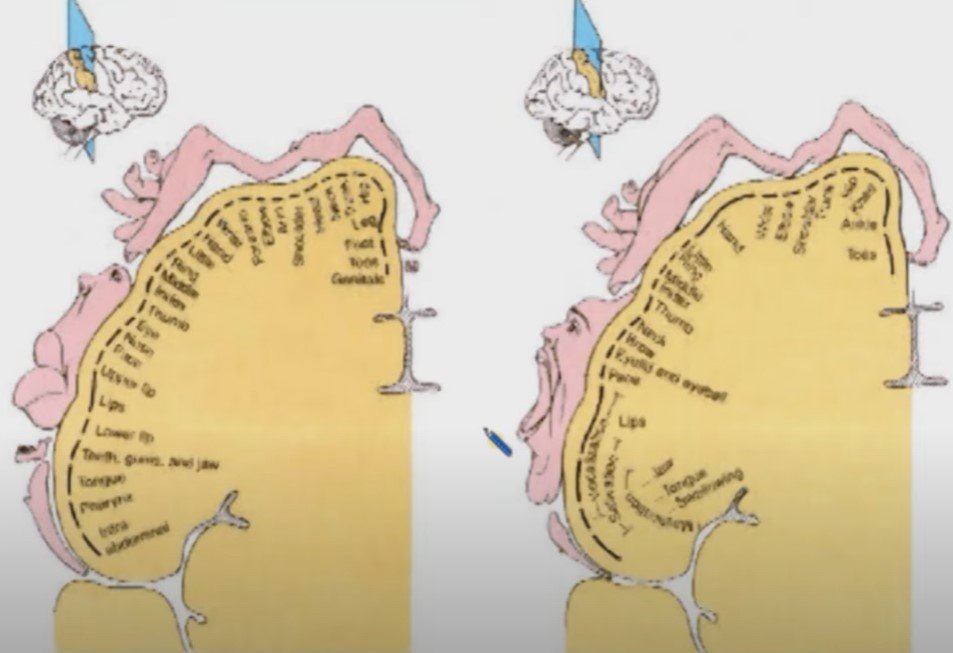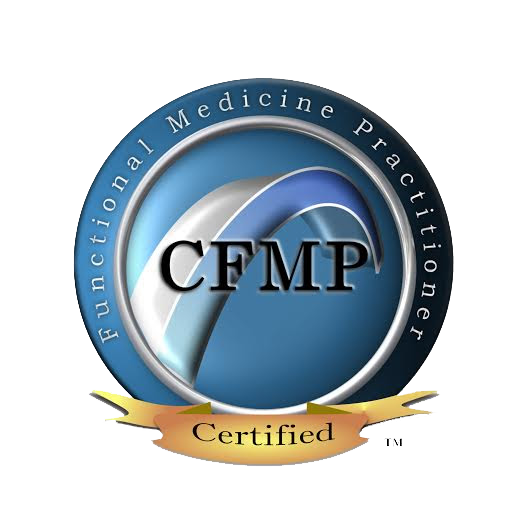
I have patients that have been told they have a sinus infection, when what is really causing their runny nose and headache is a problem in their neck. I’ve written about sinus infection and a great non-drug way to treat it. Believe it or not, the neck can cause symptoms that look and feel a lot like a sinus infection. Please don’t take my word for it! One of my foundational principles is to educate my patients.
A runny nose is a response to some kind of irritant. The body responds to physical irritation by secreting fluid. If the eye gets something in it or if it get scratched, tears begin to flow. If the back of the heel gets rubbed by a poor fitting shoe, the skin secretes fluid and a blister develops. When the skin gets badly sunburned it blisters.
When there is a problem in the body, messages are sent to the brain about the trouble. Sometimes we “feel” these messages as pain, however most of the time we are never aware of them. It is very common for a person to have some sort of problem for years before they “feel” it. The body has been telling the brain about the problem from the beginning, but it is not until the “volume” gets loud enough that the person becomes aware of it.
When something is wrong in the neck, messages are sent to the brain. As I explained, sometimes a person feels these messages as pain and sometimes a person does not feel anything. These messages cause the brain to tell the neck muscles to tighten up. The brain will continue to send the neck “tighten up” messages 24/7. Often the person is completely unaware of the messages going to and from the brain. Frequently as I am working on my patients they will feel the pain and tightness in an area where they had no idea anything was wrong.
When the brain begins to tell the neck muscles to tighten up, the neurological pieces are in place to cause a sinus condition that is often misdiagnosed as a sinus infection. Check out this short video I put together to explain how this happens:
So how do you know if your runny nose is really neck trouble? Well, did treatment for the sinus infection work? If it did then it probably wasn’t a neck problem. So if the treatment for your sinus infection has not been working, have your neck checked out. Better yet, have your neck checked before you start taking medication!
For more help check out my free guide to help you figure out if your sinus problem is coming from your neck. Just click here to get the free PDF.
I’d love to answer your questions and hear your thoughts. Leave a comment here and I will be happy to answer you!
Can a sinus headache cause neck pain?
Yes, a sinus headache can cause neck pain. Sinus headaches are caused by inflammation in the sinus cavities. When the sinuses become inflamed, the pressure can cause pain and discomfort in the forehead, around the eyes, and even in the neck. This is because the neck muscles are connected to the head and can become tense and painful due to the pressure from the sinuses.
Can sinus pressure cause neck pain?
Yes, sinus pressure can cause neck pain. Sinus pressure occurs when the sinuses become inflamed and produce excess mucus. This buildup of mucus can put pressure on the surrounding tissues, including the muscles in the neck. As a result, you may experience neck pain or stiffness, along with other symptoms such as a headache, facial pain, and congestion.
Neck Pain Can Be Caused By Tense Muscles
Tension in the neck muscles can be caused by a variety of factors, including poor posture, stress, and overuse. When the muscles in the neck become tense, they can cause pain and discomfort in the neck area, as well as headaches and shoulder pain.
In some cases, tension in the neck muscles can be caused by holding the head in an awkward position for extended periods, such as when working at a computer or looking down at a smartphone. This can cause strain on the muscles and lead to pain and stiffness in the neck.
Can a chiropractor help with your neck pain and sinusitis?
Yes, a chiropractor can help with neck pain and sinusitis. Chiropractic care involves the use of non-invasive, drug-free techniques to relieve pain and promote healing. For neck pain, a chiropractor can perform spinal adjustments to help realign the spine, improve posture, and relieve tension in the neck muscles. They may also use other techniques such as massage, stretching, and exercises to help alleviate pain and improve range of motion in the neck.
In the case of sinusitis, chiropractic care can help by using techniques that stimulate lymphatic drainage, which can help reduce inflammation and congestion in the sinuses. This can include gentle massage or pressure applied to specific areas of the face and neck. Additionally, chiropractic care may help improve the function of the immune system, which can help the body better fight off infections and reduce the severity of sinusitis symptoms.
Update 4-2-2015
I just finished another blog entry titled “When a sinus infection is an intestinal problem”. If you’re looking for help with your sinus condition check it out HERE
FAQ
Can tight neck muscles affect sinuses?
Tight neck muscles can lead to sinus problems by putting pressure on the nerves and blood vessels that supply the sinuses, causing inflammation and congestion. However, practicing good posture, doing neck stretches and exercises, using heat or cold therapy, and seeking chiropractic care are some strategies that can help alleviate tight neck muscles and reduce sinus symptoms.
Can a misaligned neck cause sinus problems?
A misaligned neck can cause sinus problems by disrupting blood and lymphatic flow to the sinuses, and putting pressure on the nerves that supply them. Poor posture caused by a misaligned neck can also contribute to the reduction in the effectiveness of the lymphatic system, making it more difficult for the body to clear toxins and waste from the sinuses. Chiropractic care can be a helpful treatment option for addressing a misaligned neck and associated sinus problems.
Can nerves in the neck affect sinuses?
Yes, nerves in the neck can affect sinuses. The nerves that run through the neck connect to the sinuses, and compression or irritation of these nerves can cause pain, inflammation, and reduced blood flow to the sinuses. Chiropractic care can be effective in treating nerve-related sinus problems by realigning the spine and reducing nerve compression.
How do you relieve sinus pressure in your neck?
There are several ways to relieve sinus pressure in the neck. Chiropractic care is effective in relieving sinus pressure in the neck by realigning the spine and reducing nerve compression. Another approach is to use a warm compress or take a warm shower to help loosen the muscles in the neck and improve blood flow to the sinuses. Another strategy is to practice neck stretches and exercises, which can help relieve tension in the neck muscles and improve lymphatic drainage.



